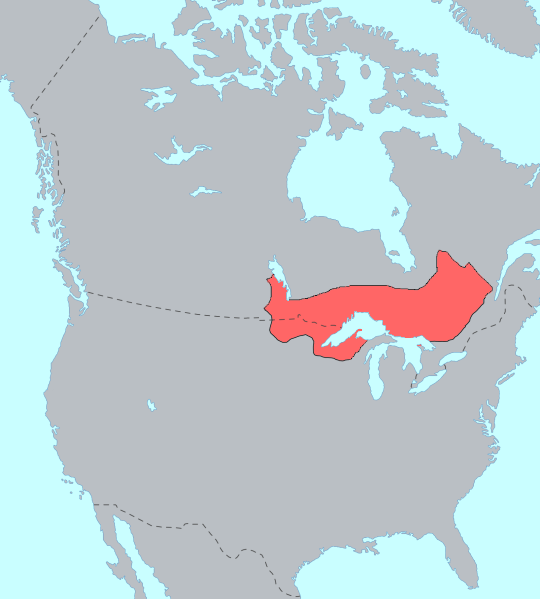In the realm of Native American languages, the terms Ojibwe and Ojibwa are often used interchangeably, leading to confusion and uncertainty. While these terms share a common origin and refer to the same Indigenous people, a subtle distinction exists, reflecting regional variations and linguistic preferences. Delving into the linguistic nuances of Ojibwe and Ojibwa sheds light on their cultural significance and provides a deeper understanding of the Anishinaabe people.
Ojibwe: A Self-Designation Rooted in Identity
The term Ojibwe (pronounced oh-JIB-way) serves as the self-designation of this Anishinaabe people. It is derived from the Anishinaabe word “anishinaabeg,” which means “original people” or “true people.” This self-identity reflects the Ojibwe’s deep connection to their ancestral lands and their enduring cultural traditions.

Ojibwa: A Colonial Misinterpretation with Enduring Usage
The term Ojibwa (pronounced oh-JIB-wah) emerged during the colonial period, primarily used by Europeans and other Indigenous groups to refer to the Ojibwe people. It is believed to have originated from a misinterpretation of the Ojibwe word “ojibwe,” which means “to roast” or “to parch.” This term was likely used to describe the Ojibwe’s practice of parching wild rice, a staple food in their diet.
Geographic Distribution: A Tale of Two Spellings
The usage of Ojibwe and Ojibwa tends to follow regional patterns. In Canada, the term Ojibwa is more prevalent, while in the United States, Ojibwe is more commonly used. However, both terms are widely understood and accepted across Ojibwe communities in both countries.
Linguistic Preferences: A Reflection of Cultural Identity
The preference for either Ojibwe or Ojibwa often reflects personal choices and cultural identity. Some Ojibwe individuals prefer Ojibwe, emphasizing their self-designation and cultural heritage. Others may use Ojibwa, recognizing its historical usage and its familiarity among non-Ojibwe communities.
Conclusion: Embracing Linguistic Diversity and Cultural Heritage
The terms Ojibwe and Ojibwa, though often used interchangeably, represent a fascinating linguistic crossroads, reflecting the Ojibwe people’s rich cultural heritage and their interactions with the outside world. Understanding the nuances of these terms not only enhances linguistic understanding but also fosters a deeper appreciation for the diverse identities and perspectives within the Anishinaabe community.